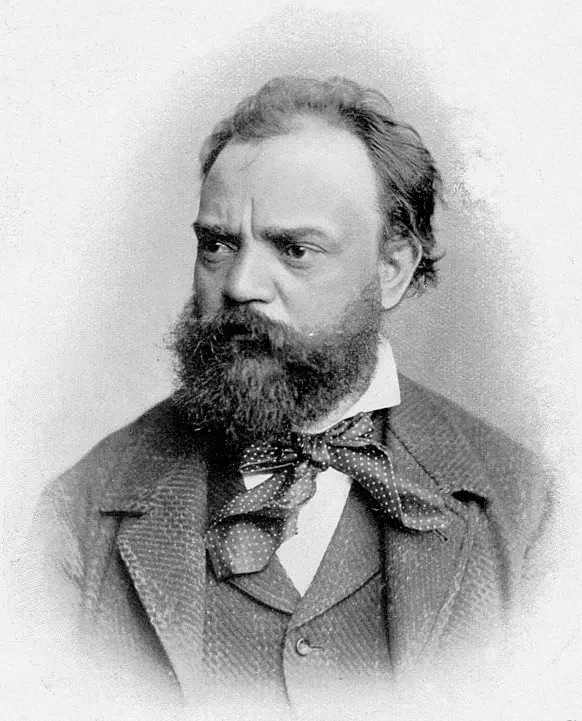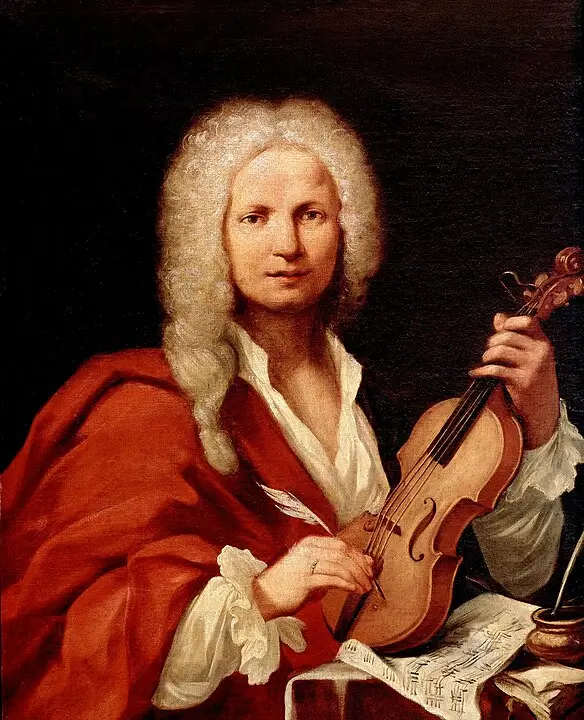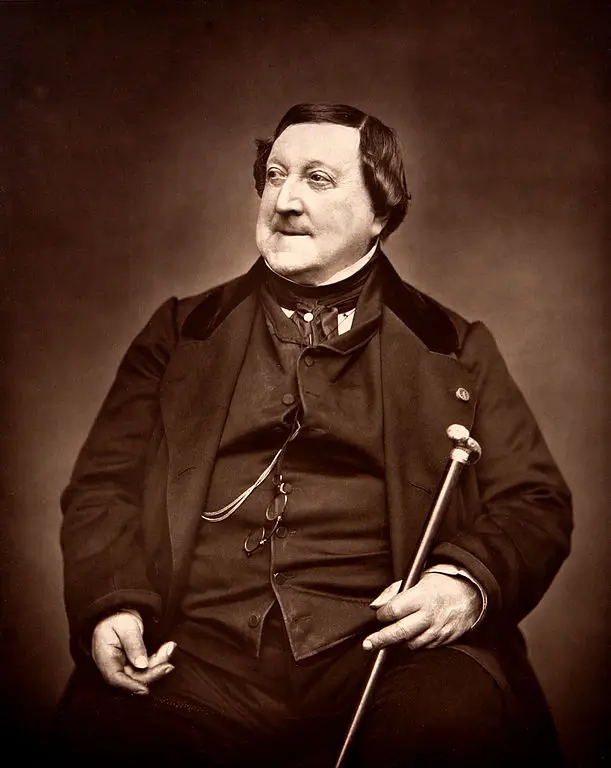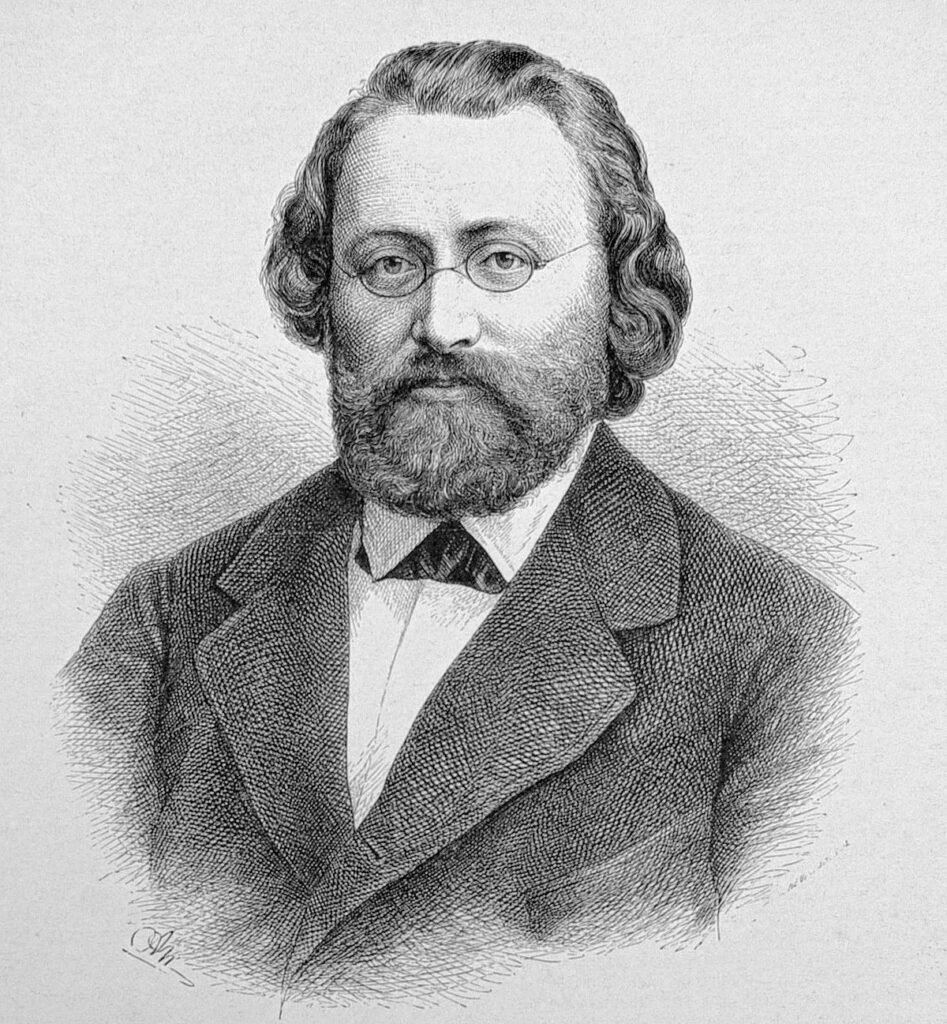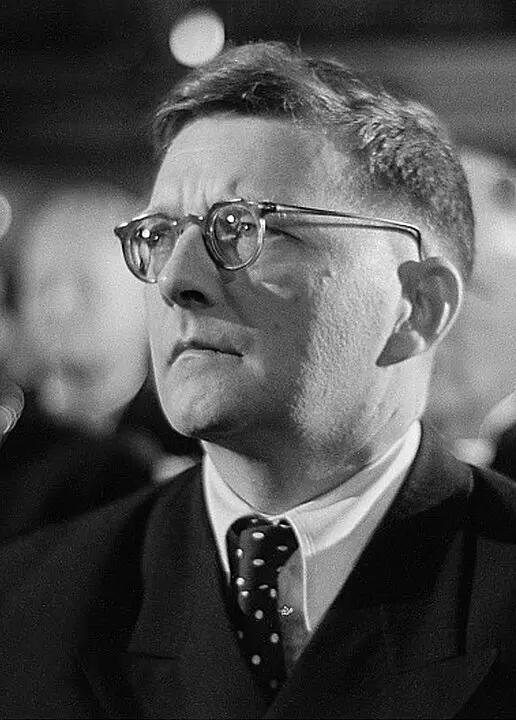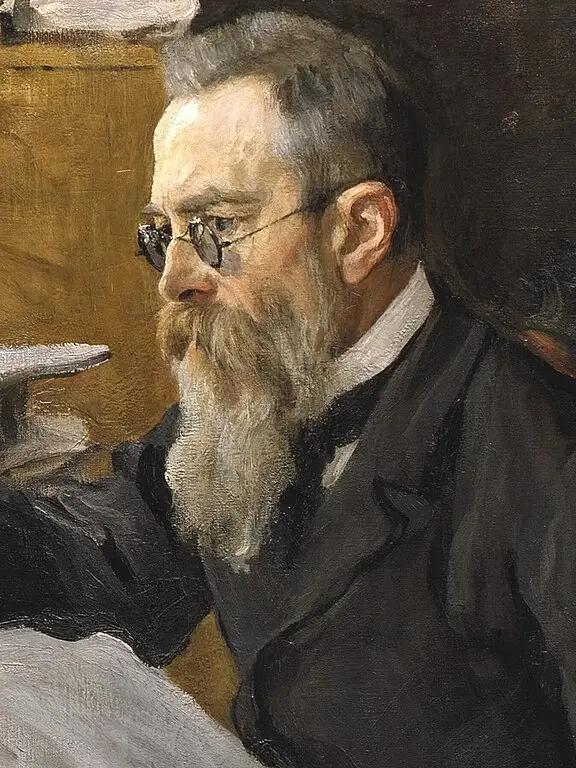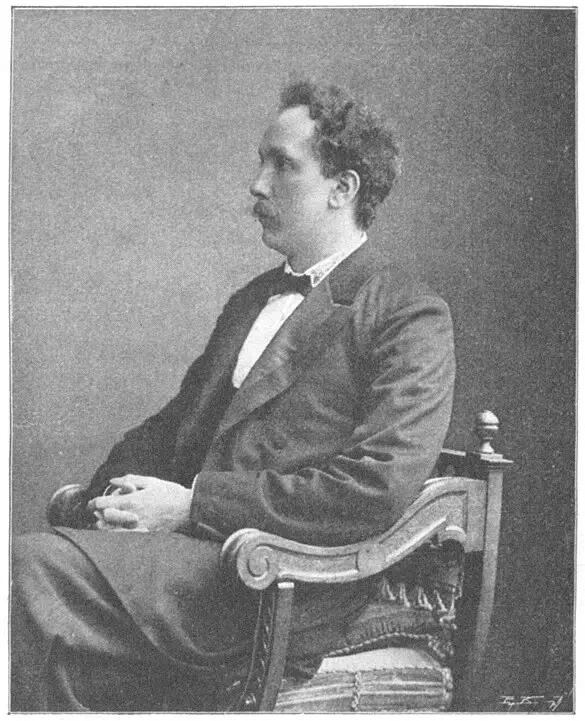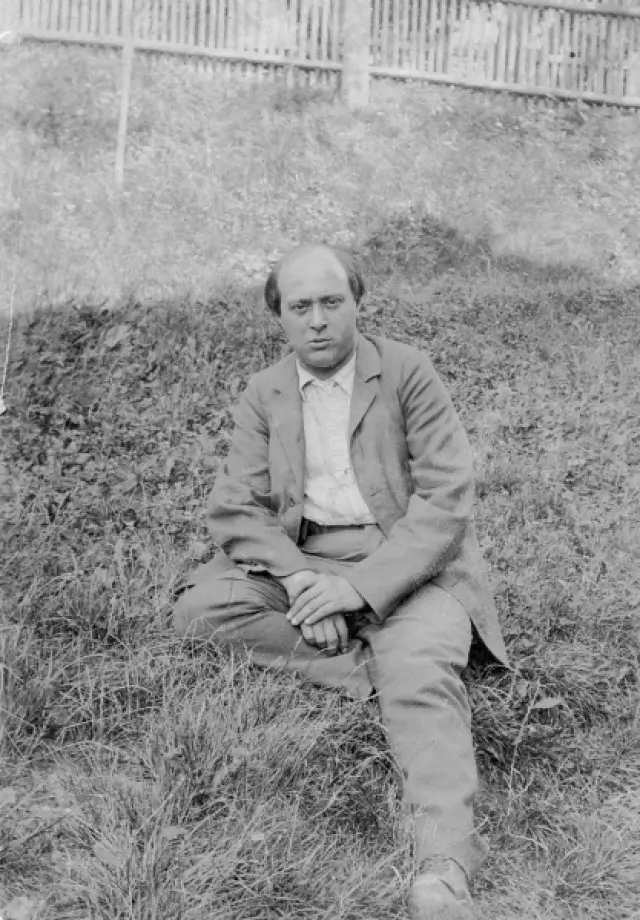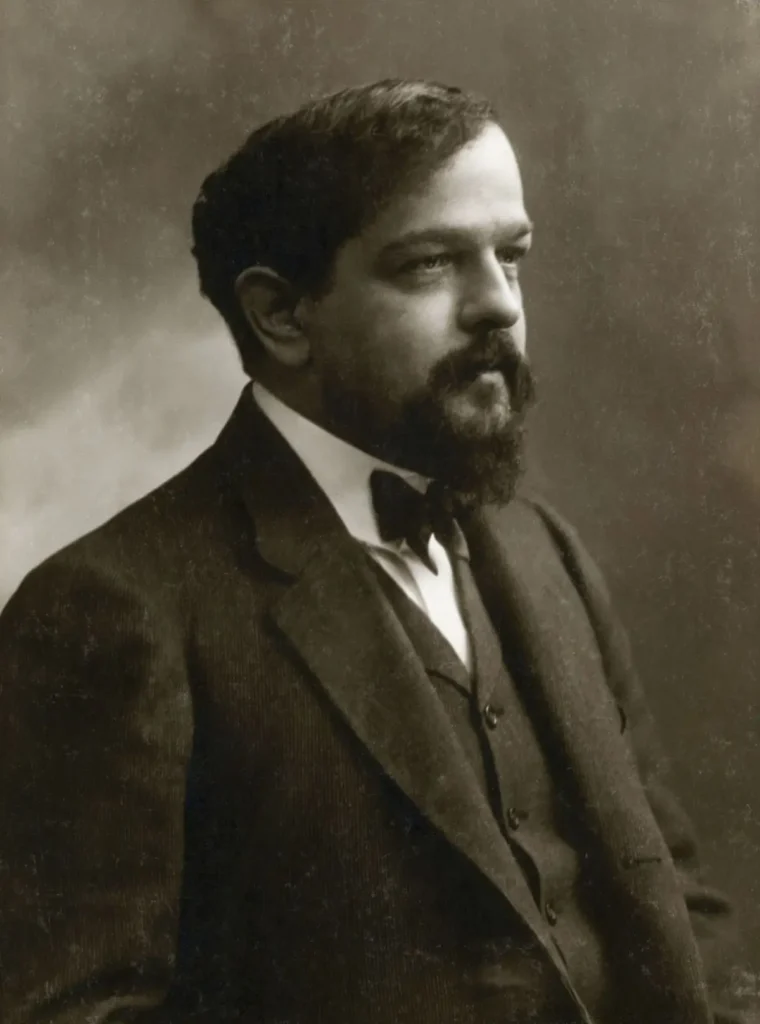Introduction
Antonín Dvořák, emerged from humble beginnings in Nelahozeves, Bohemia, to become one of the most celebrated composers of the Romantic era. His works, rich with nationalistic flavor, are a testament to his profound connection with his Bohemian roots, combined with influences from the broader European tradition. Dvořák’s compositions, ranging from symphonies to chamber music, operas to concertos, continue to enchant audiences worldwide, underscoring his lasting legacy in the classical music panorama.
Early Life
Born on September 8, 1841, in the village of Nelahozeves, near Prague, Antonín Dvořák was the first of fourteen children in a modest family. His father, František Dvořák, was an innkeeper and butcher, as well as an amateur zither player. From a young age, Antonín was immersed in the musical traditions of his homeland, a foundational experience that would profoundly influence his later compositions. Despite the family’s limited means, his parents recognized his musical talents early and supported his artistic aspirations.
Musical Training and Development
Dvořák’s initial musical education came from the village school and the local church organist. At the age of twelve, he was sent to Zlonice to live with an uncle and continue his education, which included rigorous musical training under Antonín Liehmann. Dvořák learned to play the violin and showed early signs of compositional talent. He later attended the Prague Organ School, where he received formal training in theory, piano, and organ. His studies in Prague exposed him to the wider world of music, including the works of past masters and contemporary composers, which influenced his developing style.
Major Works and Compositions
Dvořák’s oeuvre is vast and varied, including symphonies, chamber music, operas, choral works, and concertos. His most famous symphony, Symphony No. 9 “From the New World,” was written during his time in the United States and reflects both his homesickness and his fascination with American musical themes. His chamber works, such as the “American” String Quartet No. 12 in F major, also demonstrate this blend of Czech and American influences. Other notable works include the “Cello Concerto in B minor” and the operatic masterpiece “Rusalka.” Each composition showcases Dvořák’s ability to meld folk elements with classical structures, creating music that is both accessible and sophisticated.
Connections to Other Composers
Dvořák’s career was notably influenced by Johannes Brahms, who became his mentor and friend after Dvořák won the Austrian State Prize for composition in 1874, which Brahms had a role in awarding. Brahms introduced him to his publisher, Simrock, who helped Dvořák achieve international fame. The encouragement and critical feedback from Brahms were instrumental in Dvořák’s development as a composer. Additionally, Dvořák had a profound impact on American composers such as Amy Beach and Horatio Parker, whom he taught during his tenure as the director of the National Conservatory of Music in America.
Character and Philosophy
Dvořák was known for his deep religiosity, humility, and strong work ethic, traits that endeared him to both his contemporaries and his students. His music is imbued with a sense of joy and a deep reverence for life, reflecting his personal belief in music as a spiritual, as well as a cultural, expression. Dvořák often expressed that he aimed to convey the deepest human emotions through his music, transcending cultural and national boundaries to touch the universal human experience.
Life in Prague
Prague, where Dvořák spent much of his life, was a vibrant cultural hub that significantly shaped his musical outlook. The city’s rich history, architectural beauty, and its position as a crossroads of European culture provided a fertile ground for his artistic development. Prague’s musical scene was bustling with operas, concerts, and an appreciation for both traditional Bohemian folk music and the classical canon. Dvořák’s deep connection to Prague is reflected in his involvement with the Prague Conservatory, where he taught and later became the director.
Death and Legacy
Antonín Dvořák passed away from a stroke on May 1, 1904, in Prague. His death marked the end of an era in Czech music but also the beginning of his enduring legacy. Today, Dvořák is celebrated worldwide, with his music performed by major orchestras and ensembles. His influence extends beyond the concert hall; his approach to melding folk elements with classical forms has inspired generations of composers. Festivals, competitions, and scholarly works dedicated to his life and music continue to perpetuate his artistic vision, ensuring that his symphony of life resonates well into the future.
Through his compositions, Antonín Dvořák narrated the story of a humble Bohemian who captured the world’s heart with his melody and might. His music, a blend of the heart’s simplicity and the craft’s complexity, continues to inspire and resonate, transcending time and geography.

